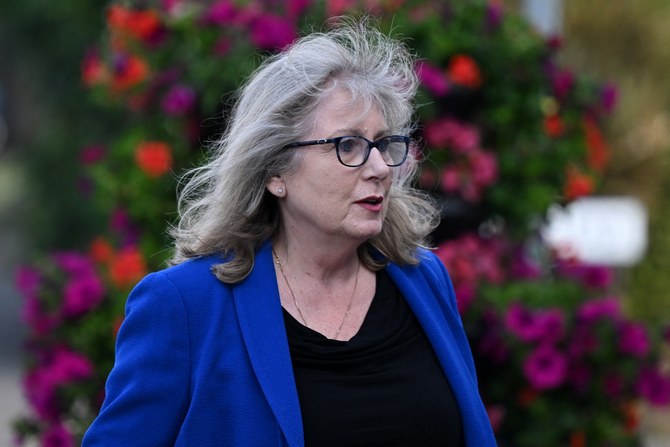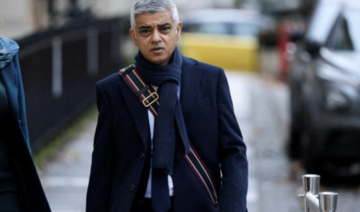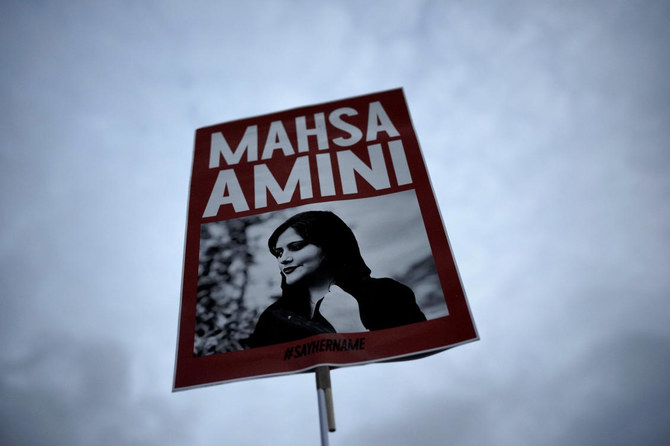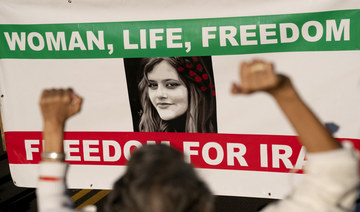DUBAI: Global spending on advertising was expected to grow by 11.2 percent this year to $669 billion, according to new industry figures.
The expenditure boom was being driven by demand for performance-led e-commerce advertising and brand advertising on online video, said Zenith in its latest advertising expenditure forecasts report.
If the predictions ring true, the total spend this year will be $40 billion more than before the start of the coronavirus disease (COVID-19) pandemic in 2019. And growth was likely to remain robust in the medium term, at an anticipated 6.9 percent next year, and 5.6 percent in 2023.
“After a very tough year last year, the ad market is enjoying rapid and broad-based recovery, and will end this year well above the level it achieved in 2019,” said Jonathan Barnard, head of forecasting at Zenith, which is part of Publicis Groupe.
A rise in ad spending was expected globally this year with the Middle East and North Africa region, currently recovering from the steepest decline, forecast to see expenditure increase by 15 percent.
According to data, the strongest growth since 2019 was taking place in North America where spending was up 13 percent this year after shrinking by only 1 percent last year.
Effect of e-commerce on advertising market
The COVID-19 pandemic accelerated the shift from physical sales to e-commerce, driving more consumers than ever before to research and complete purchases online. Brands responded to the change in customer behavior by forming partnerships with retailers and creating new direct-to-consumer operations, using performance-driven advertising – primarily in social media and paid search – to lead consumers down the path to buy.
The Zenith report noted that the patterns would expand social media advertising by 25 percent this year to reach $137 billion, overtaking in scale for the first time paid search that was expected to grow by 19 percent to $135 billion.
FASTFACTS
Ad spend will exceed the pre-pandemic peak by 6% this year.
Digital advertising will command 58% share of market in 2021, up from 48% in 2019.
Online video advertising will be fastest-growing digital channel in 2021, rising 26% to reach $63bn.
The average cost of television advertising is up 5% this year.
Middle East, North Africa region will see growth of 15% in ad spend this year.
A significant part of the new money being pumped into advertising was coming from small businesses that had to pivot to e-commerce due to COVID-19 lockdowns, and from brands that reallocated money from securing physical shelf space with retailers to display and search ads on retailers’ websites.
As lockdowns ease around the world, the growth of e-commerce will slow down but not return to pre-pandemic levels, the report revealed, adding that e-commerce would continue to pull in incremental revenues to the ad market, driving growth next year of 13 percent in social media and 12 percent in search.
Growth of online video
Audiences continued to migrate online where video viewing was growing rapidly, the report found, and despite traditional television ratings experiencing a surge when lockdowns began last year, they were shrinking again.
Advertisers valued online video as a means of maintaining reach while TV declined, but it was also an effective form of brand communication in its own right. Zenith predicted that online video advertising would be the fastest-growing digital channel this year, rising by 26 percent to reach $63 billion.
Benoit Cacheux, global chief digital officer at Zenith, said: “The online video landscape continues to transform, fueled by the growth of streaming services and connected TVs.
“Its continued evolution requires a radical rethink of how to build the optimal screen-neutral reach model. The ingestion of new data sources into TV planning also creates further opportunities to further sync TV and video planning.”
Traditional media will continue to trail behind digital
Overall, Zenith expected digital advertising to grow by 19 percent this year and increase its share of total ad spend to 58 percent, up from 48 percent in 2019, and 54 percent last year.
Most other media channels were enjoying growth this year, as spending rebounded from the 16 percent drop in traditional media ad spend in 2020. Cinema and out-of-home were the most affected by COVID-19-related restrictions, shrinking by 72 percent and 28 percent, respectively, but were expected to witness the fastest recovery this year with respective growth rates of 116 percent and 16 percent.
Radio advertising, which shrank by 22 percent last year, was forecast to grow by 4 percent this year, while television fell 8 percent in 2020 and was predicted to grow 1 percent in 2021.
Print would continue its long decline, now in its 14th consecutive year, with an 8 percent drop in ad spend in 2021, the report said.
Although cinema and out-of-home would have made up almost all lost ground by 2023, ad spend across traditional channels would still be below 2019 levels.
Cost of advertising
This year’s rapid recovery, coupled with the continued migration of audiences from traditional to digital channels, was fueling substantial increases in media prices, particularly in television.
The cost of television advertising was up 5 percent this year on average, though the variance between markets and audiences was wide. Television spend has increased by 1 percent, so the volume of audiences reached globally has shrunk.
In contrast, digital media growth was mainly driven by rising audiences and more extensive monetization with online video inflation averaging 7 percent, and social media roughly flat, compared to their 26 percent and 25 percent respective ad spend growth rates.
“Digital advertising is becoming a more effective tool for brand growth as media and commerce continue to move online, attracting greater investment from large brands and small businesses alike,” added Barnard.




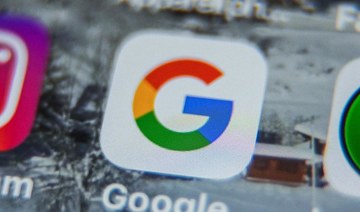


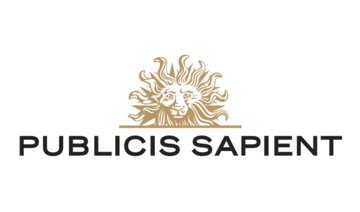


 Based in the company’s Riyadh office, Al-Shathri will be responsible for accelerating business growth in Saudi Arabia and building the operational business and community.
Based in the company’s Riyadh office, Al-Shathri will be responsible for accelerating business growth in Saudi Arabia and building the operational business and community.
